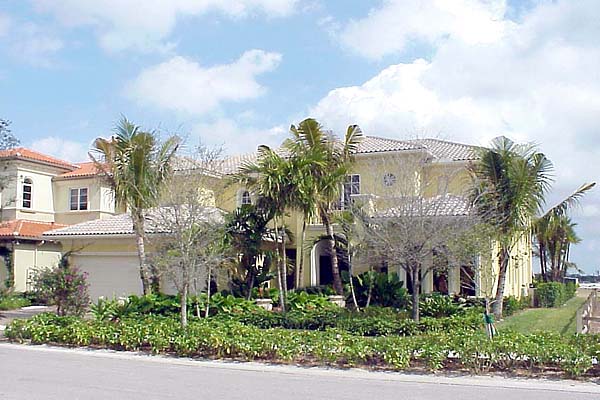BLOCKBUSTING
Blockbusting, a discriminatory and unethical practice in the real estate industry, has significantly impacted communities and individuals, shaping the landscape of fair housing laws and regulations.
Understanding the implications of blockbusting is crucial in fostering inclusive and equitable real estate practices.
Historical Context
Origin and Evolution
Blockbusting emerged in the mid-20th century as a tactic employed by unscrupulous real estate agents to exploit racial prejudices and fears for financial gain. Agents would induce panic selling among homeowners by suggesting that the entry of minority residents into a neighborhood would lead to declining property values, thereby coercing homeowners to sell their properties at deflated prices.
Impact on Segregation
The proliferation of blockbusting perpetuated racial segregation by artificially creating homogeneous neighborhoods and reinforcing discriminatory housing practices. Minority communities were often confined to specific areas through overt manipulation and fear-based tactics, further entrenching social and economic disparities.
Regulatory Responses
Fair Housing Legislation
The detrimental effects of blockbusting prompted the enactment of comprehensive fair housing laws, such as the Fair Housing Act in the United States, aimed at prohibiting discrimination in housing transactions based on race, color, religion, national origin, sex, familial status, or disability.
The detrimental effects of blockbusting prompted the enactment of comprehensive fair housing laws, such as the Fair Housing Act in the United States, aimed at prohibiting discrimination in housing transactions based on race, color, religion, national origin, sex, familial status, or disability.
Ethical Standards
Real estate professionals are bound by ethical standards that condemn discriminatory practices, including blockbusting. Upholding integrity, professionalism, and a commitment to fair housing principles is essential in combating the vestiges of blockbusting and fostering an inclusive real estate industry.
Contemporary Relevance
Equity and Inclusion
The legacy of blockbusting underscores the ongoing imperative to promote equity and inclusion in real estate. By actively combating discrimination, embracing diversity, and facilitating access to housing opportunities for all, stakeholders can contribute to the creation of vibrant, integrated communities.
Education and Awareness
Raising awareness about the history and repercussions of blockbusting is essential in fostering a collective commitment to fair housing practices. Educating real estate professionals, community members, and policymakers about the impact of discriminatory practices can engender proactive measures to uphold equitable housing standards.
Conclusion
The practice of blockbusting stands as a poignant reminder of the enduring repercussions of discriminatory real estate practices. By acknowledging its historical context, advocating for equitable regulations, and prioritizing education and awareness, the real estate industry can strive towards fostering inclusive, diverse, and thriving communities. Through concerted efforts to combat discrimination and uphold fair housing principles, stakeholders can collectively contribute to a more equitable and just real estate landscape.
MORE REAL ESTATE TERMS
A, B, C, D, E, F, G, H, I, J, K, L, M, N, O, P, Q, R, S, T, U, V, W, X, Y, Z
Featured New Home

Featured Mortgage Brokers
- NEW DAY FINANCIAL LLC, FULTON, MD
8171 MAPLE LAWN BLVD STE 300
FULTON, MD 20759 - GENERATION MORTGAGE COMPANY, ATLANTA, GA
3 PIEDMONT CTR NE STE 300
ATLANTA, GA 30305 - PINNACLE CAPITAL MORTGAGE CORPORATION, PUYALLUP, WA
311 RIVER RD STE 202
PUYALLUP, WA 98371 - UNION MORTGAGE GROUP, INC., GREENBELT, MD
7501 GREENWAY CENTER DR
GREENBELT, MD 20770 - CARRINGTON MORTGAGE SERVICES LLC, SANTA ANA, CA
1610 E SAINT ANDREW PL STE B-1
SANTA ANA, CA 92705